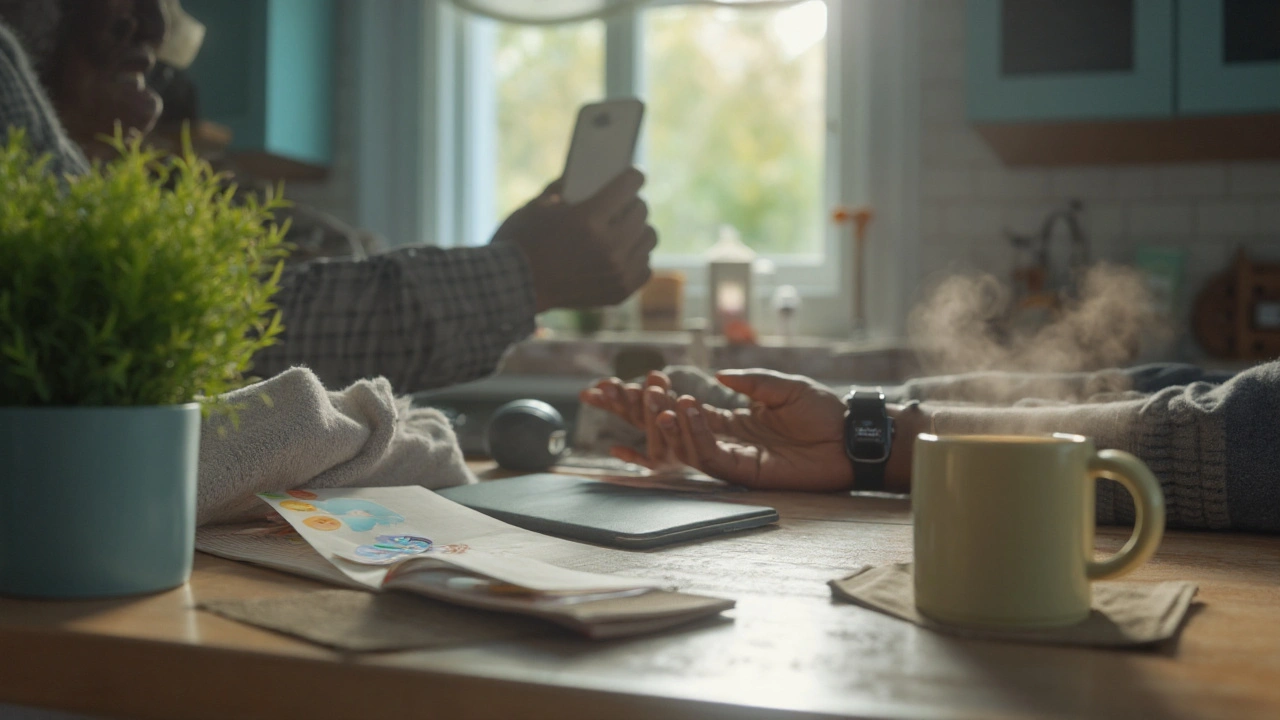Tardive Dyskinesia: What It Is and How to Deal With It
If you or someone you know takes antipsychotic meds, you may have heard the term "tardive dyskinesia" (TD). It’s a movement disorder that shows up after months or years of using certain drugs. The shaky, repetitive motions can be unsettling, but knowing the signs early makes a big difference.
Common Signs You Should Not Ignore
TD usually starts with tiny facial twitches – think lips puckering, cheek jerks, or a tongue that can wander around. Some people notice uncontrollable chewing or grimacing before the movements spread to the arms, legs, or torso. The motions are often rhythmic and can look like dancing or tapping. They don’t go away on their own, and they can get worse if the offending medication stays on board.
Because the symptoms may be subtle at first, doctors sometimes miss them. If you’re on medicines like risperidone, haloperidol, or older antipsychotics, keep an eye on any new twitching or grimacing. Even a slight change in facial expression is worth a quick check‑in with your prescriber.
Treatment and Prevention Tips
Stopping the trigger drug is the most effective step, but you can’t always quit cold turkey. Your doctor might switch you to a newer antipsychotic with a lower TD risk, or they could lower the dose gradually. Medications such as valbenazine and deutetrabenazine have been approved to reduce TD movements and can help if stopping the drug isn’t possible.
Beyond meds, lifestyle tweaks can lessen the impact. Regular dental check‑ups keep the mouth muscles flexible, and speech therapy can train you to control facial movements. Some patients find that staying active and doing gentle stretching reduces overall muscle tension.
Keep a symptom diary. Write down when the movements happen, what you were doing, and any medication changes. This record helps your healthcare team spot patterns and adjust treatment faster.
Remember, TD is not a sign of personal weakness—it’s a side effect of powerful drugs. Talking openly with your doctor, asking about alternative treatments, and monitoring symptoms can keep the condition from taking over your daily life.
Need more info on specific meds linked to TD? Check out our articles on Risperdal, Clozaril, and other antipsychotics for a deeper dive. Armed with the right knowledge, you can protect your health while still getting the mental‑health support you need.
-
2
Stress can spike dyskinesias. Learn the science, what types it affects, how to track your triggers, and practical tools to calm movements without guesswork.
Tags Weight
- online pharmacy
- side effects
- medication safety
- dietary supplement
- dosage
- online pharmacy safety
- drug interactions
- generic drugs
- health benefits
- allergy relief
- autoimmune disease
- antibiotic
- pharmacy reviews
- affordable antidepressant
- gut health
- safe online meds
- prevention
- patient safety
- NSAIDs
- drug interaction

